
It’s been three years since Chloe Kelly scored her extra time goal at Wembley Stadium to give England a 2-1 victory over Germany and crown the Lionesses European champions for the first time. The picture of her celebrating on the pitch in her sports bra with her shirt over her head became an iconic image of Euro 2021 (held in 2022 due to the Covid-19 pandemic) and helped raise the profile and popularity of the women’s game.
This all means there’s a huge buzz around this year’s tournament, which kicks off on 2 July, with new-found fans of women’s football expected to bring record stadium attendances and massive TV viewing figures.
As the Lionesses prepare to defend their title at Euro 2025, here’s everything you need to know about the tournament.
Euro 2025 is taking place in eight venues across Switzerland after it beat bids from France, Poland and a joint submission from Norway, Denmark, Sweden and Finland.
Unusually for a big football tournament, the host nation will not be involved in the first match with Iceland and Finland kicking of proceedings on Wednesday, 2 July in Thun, before Switzerland take on Norway in Basel later that evening.
Six other cities will host matches – Bern, Geneva, Zurich, St Gallen, Lucerne and Sion – with the final taking place in Basel on Sunday, 27 July. The semi-finals will be played in Geneva and Zurich on 22 and 23 July respectively.

A total of 16 teams will take part, split into four groups of four. During the group stages, each team will play three matches, with three points awarded for a win and a point for a draw. The two teams with the most points in each group will qualify for the quarter finals.
If countries are tied on points at the end of the group stage, qualification will be decided based on the results between the tied teams, then goal difference and finally the total number of goals scored.
Only England and Wales qualified from the home nations; both were drawn in Group D and will take on each other at 8pm (UK time) on Sunday, 13 July – the final game of the group.
Prior to that, Wales will take on Netherlands on Saturday, 5 July at 5pm while England play France later that day at 8pm. Then on Wednesday, 9 July, England face the Netherlands with Wales against France.
Although this is Wales’ debut tournament, the players don’t appear to be daunted by their place in the so-called ‘Group of Death’ alongside defending champions England.
“A really big thing for us as a collective is that we want to leave a legacy for Welsh women,” said midfielder Charlie Estcourt. “To create the sort of opportunities for girls growing up in Wales today that we never had.”
Despite winning the competition on home soil three years ago, England are only second favourites to win Euro 2025 behind reigning world champions Spain.
The Spanish side beat the Lionesses in the World Cup final in Australia in 2023. Bookies put France third favourite and Germany fourth, with Wales and Poland the rank outsiders.
When asked if England could make history by winning back-to-back tournaments, manager Sarina Wiegman said: “I think we have many qualities, I’m very happy with the squad. I think we have players who have a lot of experience in tournaments, because they went to a couple, or even more.
"We have seven players who are in a major tournament for the first time, and I think they can really help each other so that’s a good balance. I also think that we have different qualities in the squad – so what’s needed in games, I think we have.”

The Lionesses haven’t had the easiest of run-ups to Switzerland after losing three key team members in recent weeks, all of whom played a big part in the 2022 win. Firstly, goalkeeper Mary Earps announced her retirement from international duty after losing her number one position to Hannah Hampton.
She admitted that while the decision ‘hurt’ she was looking forward to a ‘new era’ for the England team.
That was followed by Fran Kirby announcing her retirement after learning she wouldn’t make Sarina’s squad, before Millie Bright – who captained the Lionesses at the 2023 World Cup – pulled out saying she wouldn’t be able to give ‘100% mentally or physically’.
The 23-woman squad selected for the tournament features 13 players from the 2022 group including captain Leah Williamson, Lucy Bronze, Beth Mead, Ella Toone and goalscoring hero Chloe Kelly.
The women’s Euros began in 1982 with no official host country. Sweden were crowned champions after beating England 4-3 on penalties.
However, the most successful team in the women’s tournament’s history is Germany, with eight wins – including one as West Germany in 1989 – with Norway lifting the trophy twice and Sweden, England and the Netherlands each winning it once.
Furthermore, the tournament has witnessed a surge in popularity since its debut, with the final in 2022 attracting a record attendance of 87,192 and a further seven of the top ten highest attendances in its history coming from Euro 2021.
As with the men’s tournament, every match will be shown in the UK on either the BBC or ITV, with BBC One showing England’s first two group games and ITV1 broadcasting the clash with Wales.
The BBC has the rights to three of the four quarter-finals, while ITV has first pick of the semi-finals.
The final, on Sunday, 27 July, will be shown on both channels and selected radio commentary will be on BBC 5 Live and 5 Sports Extra. Gabby Logan, Alex Scott and Jeanette Kwakye will head up the BBC coverage and will be joined by pundits including Jill Scott, Ellen White and Fara Williams. ITV is yet to announce its team.
The tradition of football mascots started in England’s World Cup winning year of 1966, when Willie the Lion (World Cup Willie) was introduced. The tradition was carried over to the Men’s European championships with a puppet called Pinocchio for the 1980 tournament in Italy.
This year’s mascot is Maddli, a spirited Saint Bernard puppy, whose name is inspired by Madeleine Boll, the first ever female licensed footballer in Switzerland.
Lara Dickenmann, a tournament ambassador and former player in the Swiss national team, said: “I believe Maddli will inspire young fans across Europe, and I cannot wait to see her bring joy and excitement throughout this incredible event in Switzerland.”
Kate Randall is Saga Magazine's Digital News Editor. Kate has more than 20 years experience in print and digital journalism and specialises in news, entertainment and lifestyle.
In her spare time, she loves trying out the latest exercise trends and fitting in as many holidays as she can.

Find out about Saga’s walking holidays here…
Saga’s walking holidays are perfect for exploring Europe’s stunning destinations on foot. They’re suitable for all fitness levels and offer a well-balanced mix of guided walks and relaxation.

Health insurance for people over 50 that provides a quicker route to diagnosis and planned medical treatment in a private facility.
Underwritten by Bupa Insurance Limited.
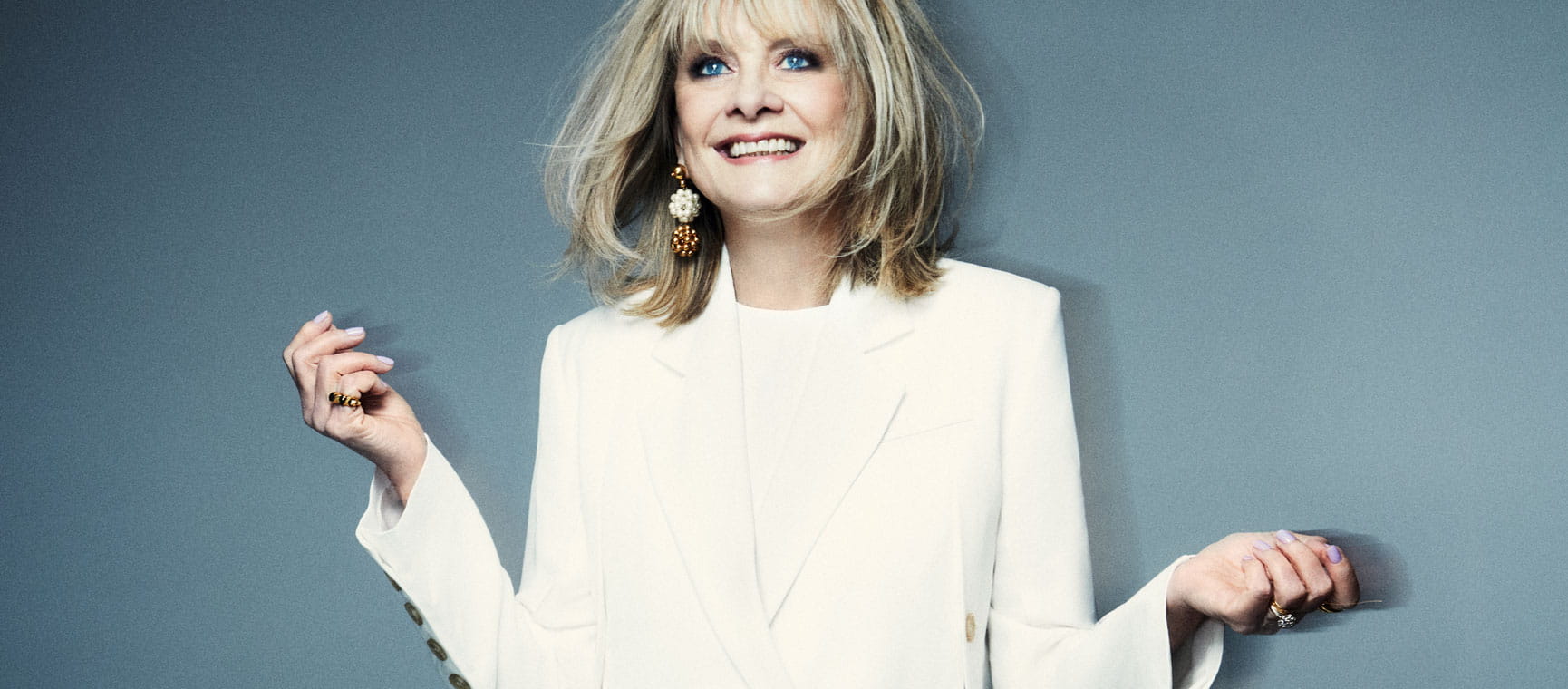
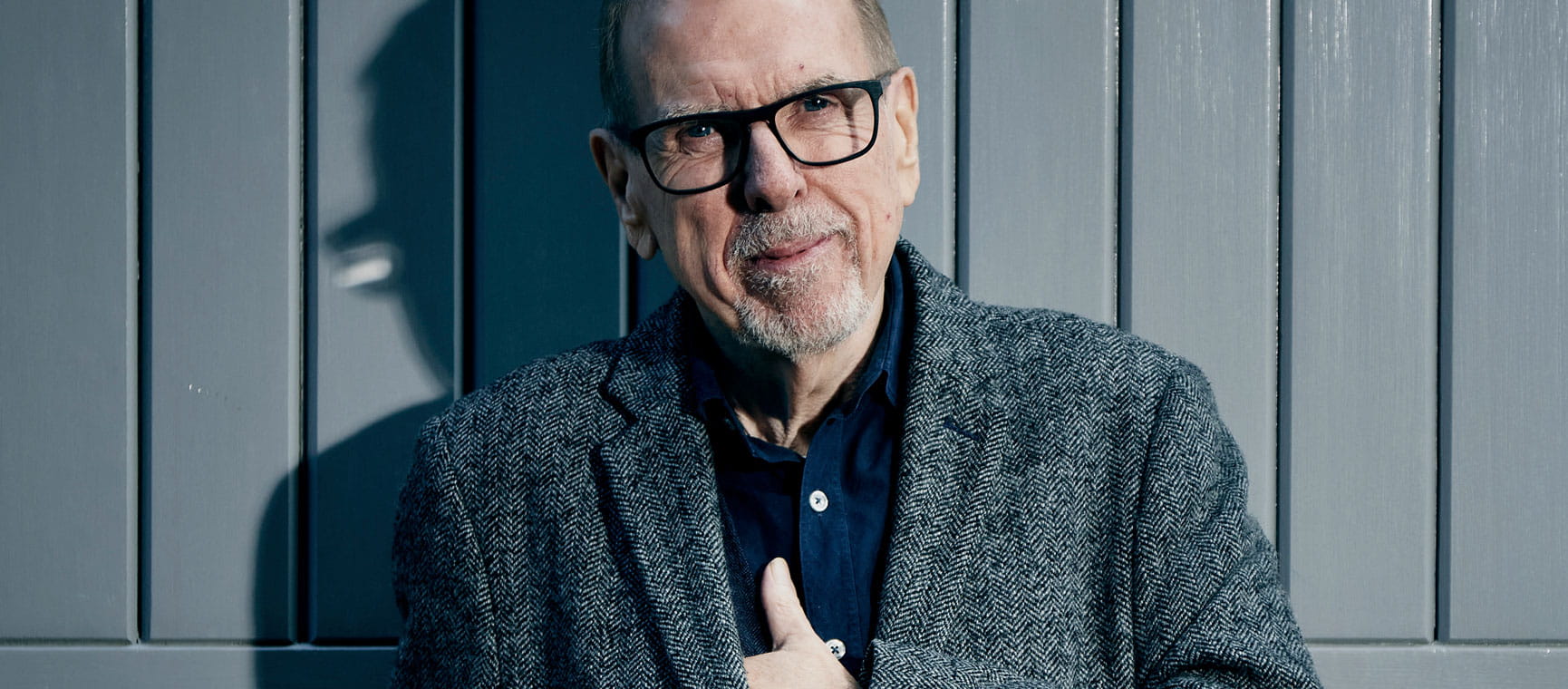
The Bafta-winning actor had been so successful at losing weight, he had to fatten up with a strap-on false belly for his latest role.
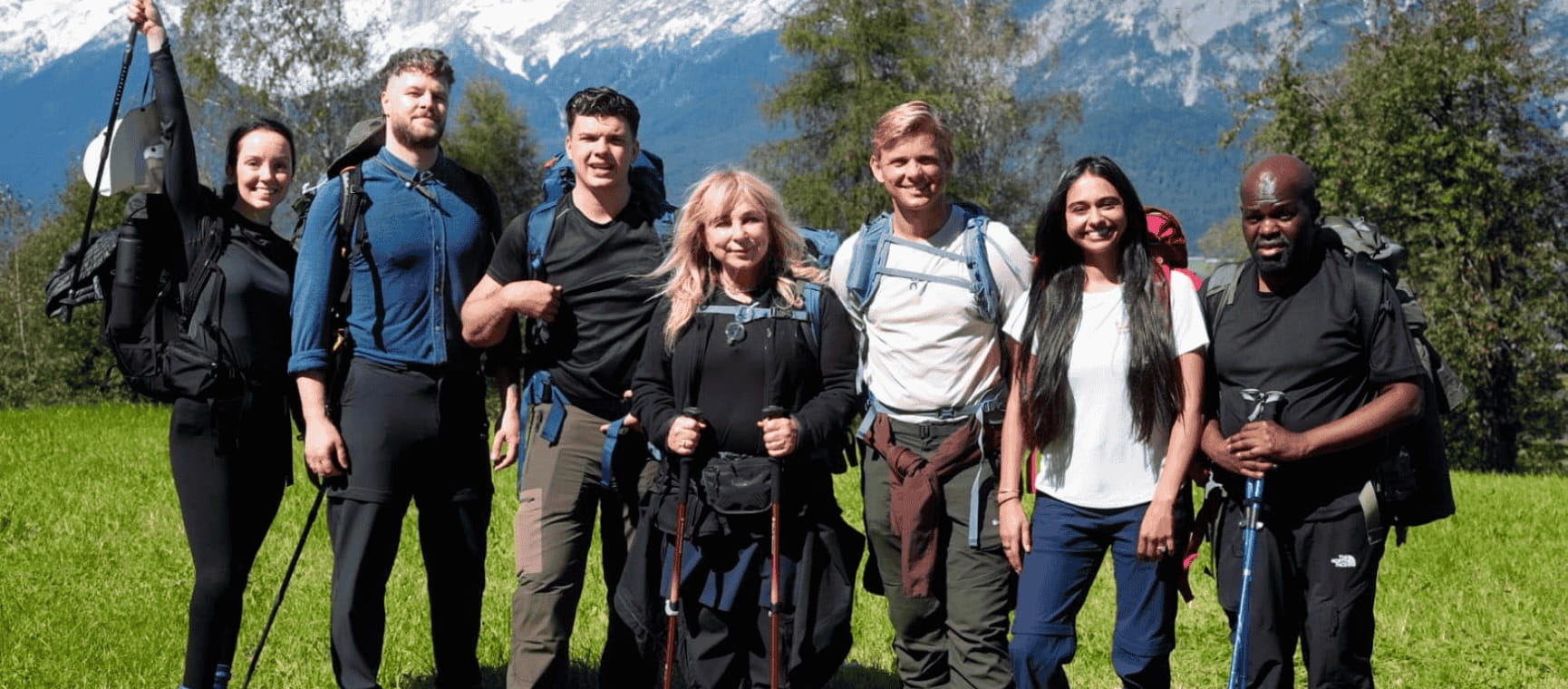
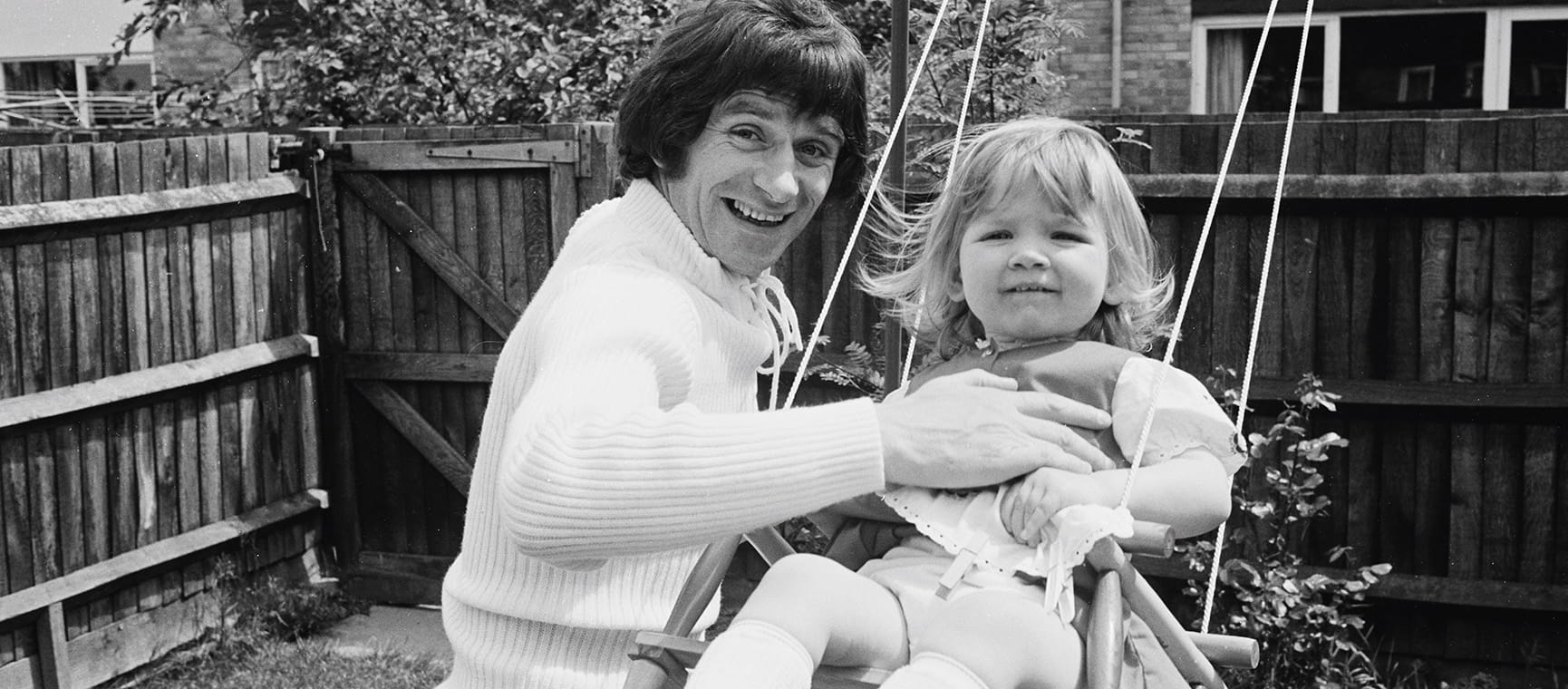
The presenter on inspiring the next generation and how daughter Zoe is bouncing back after leaving Radio 2.
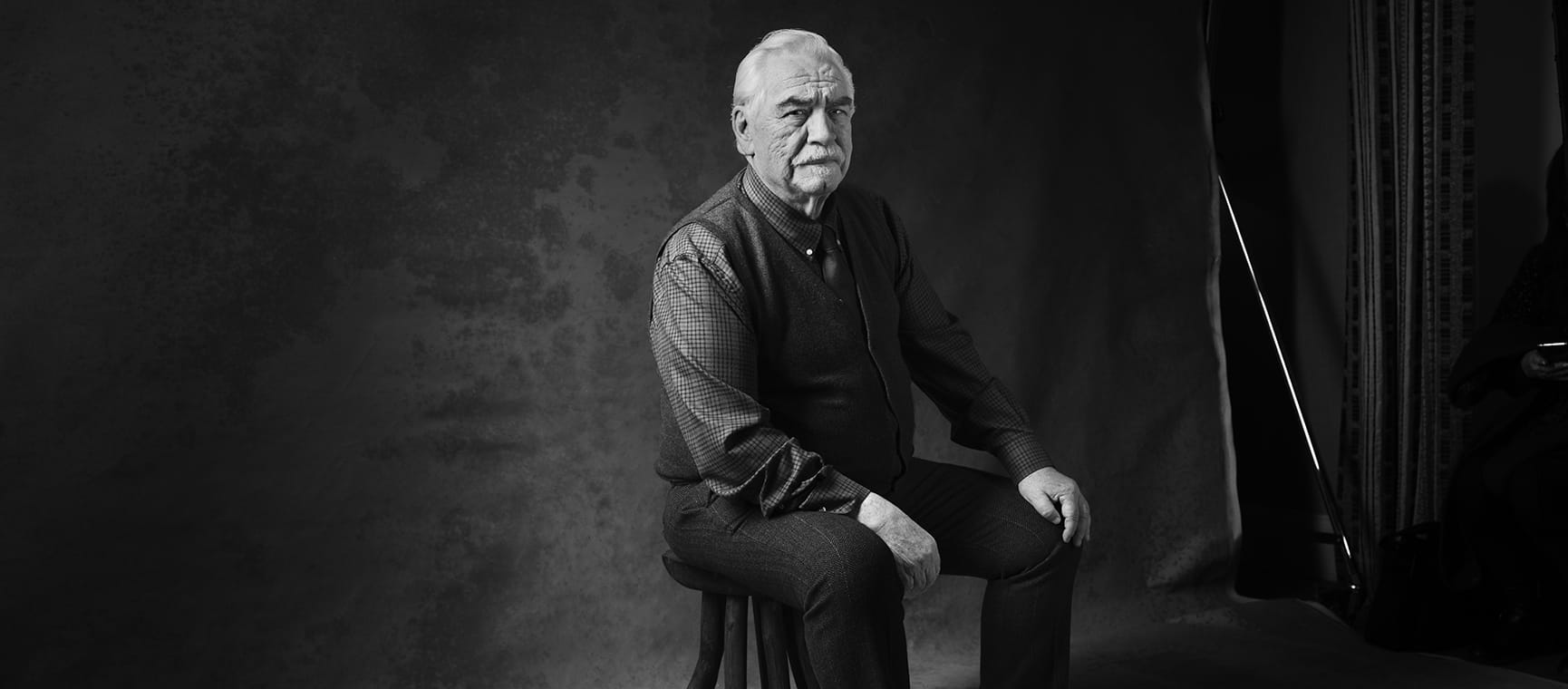
The Scottish actor on how he’s still asked to repeat Logan Roy’s most famous catchphrase.

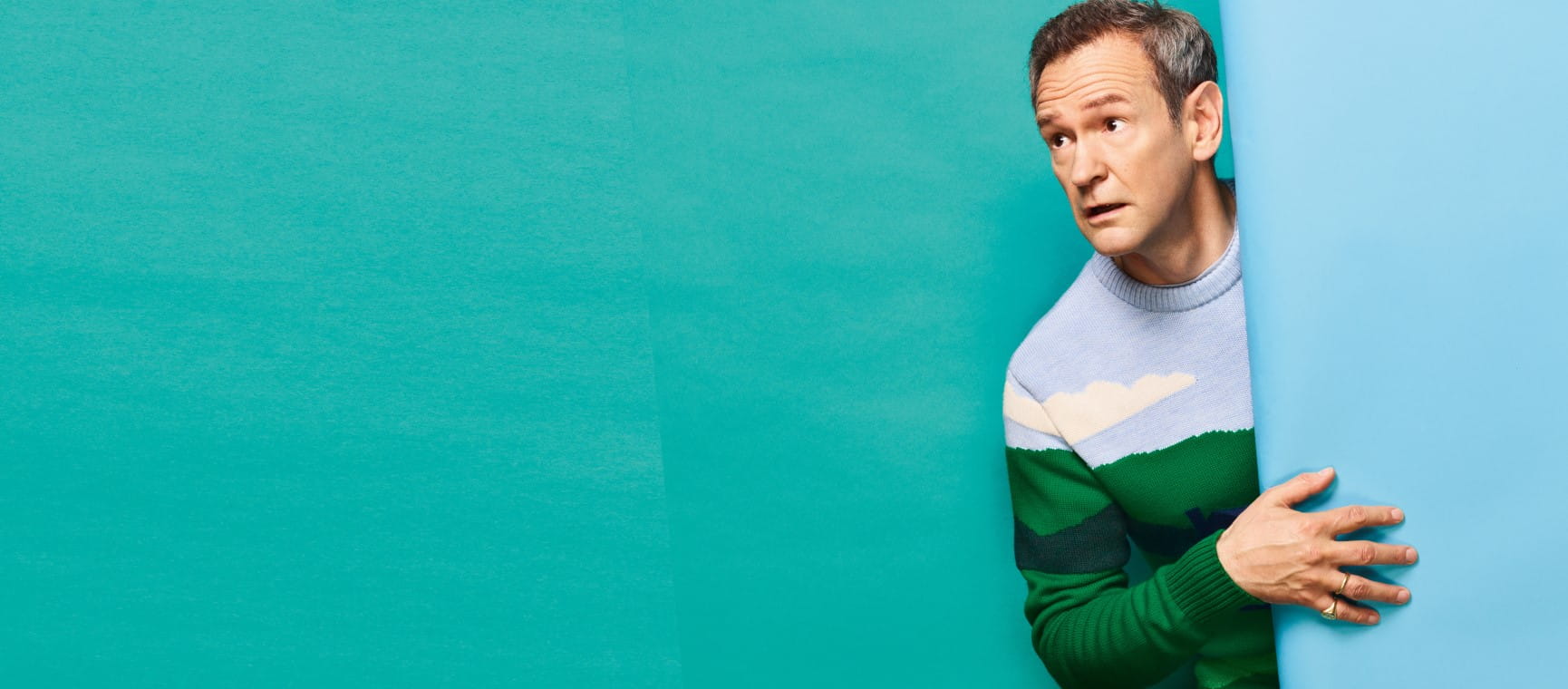
The presenter reveals his surprise contestant and how Richard Osman ‘bullied’ him into writing his debut novel.

The TV adaptation of Rivals has has been judged a rip-roaring success. We caught up with the book's author.
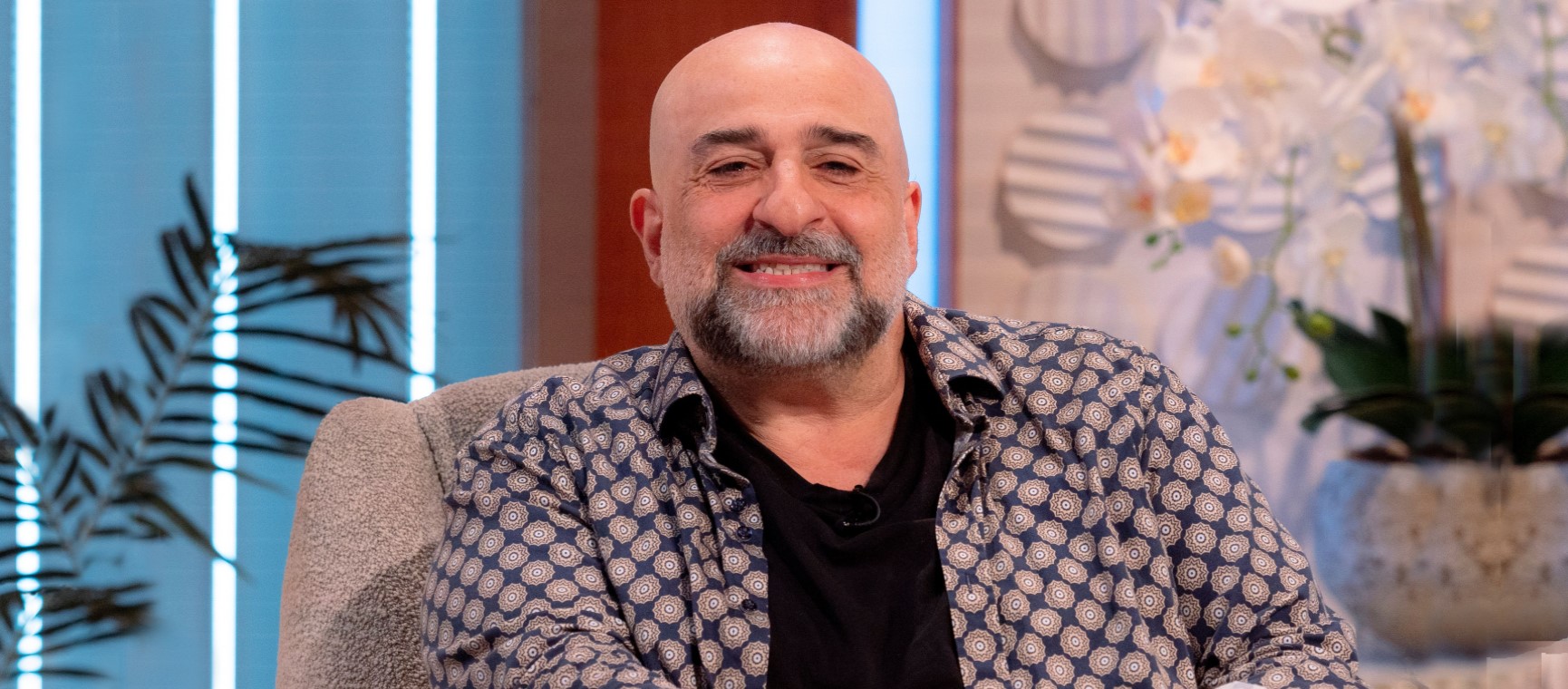

The BBC Radio 4 Today presenter reveals the responsibility and privilege that goes with her job.
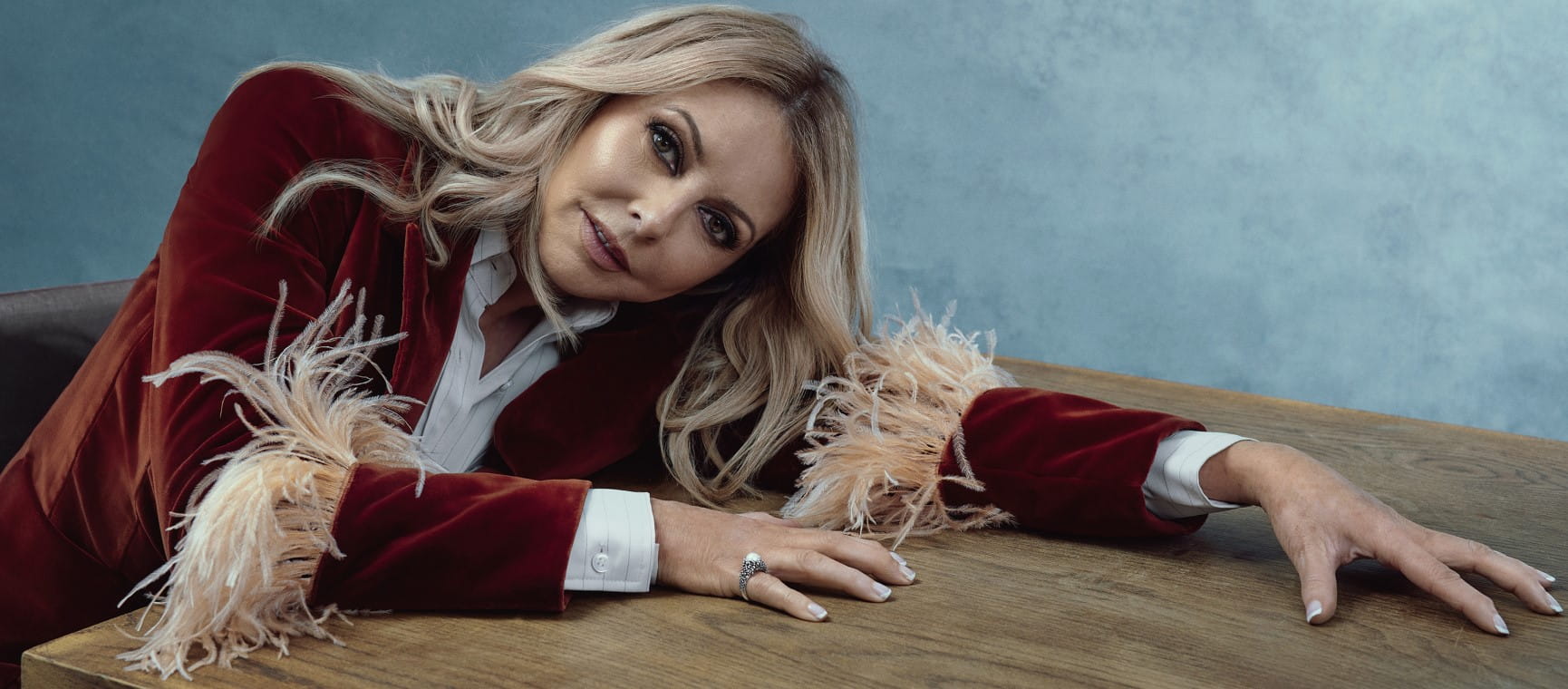
The presenter on being sacked by the BBC and why her views are 'career suicide'.
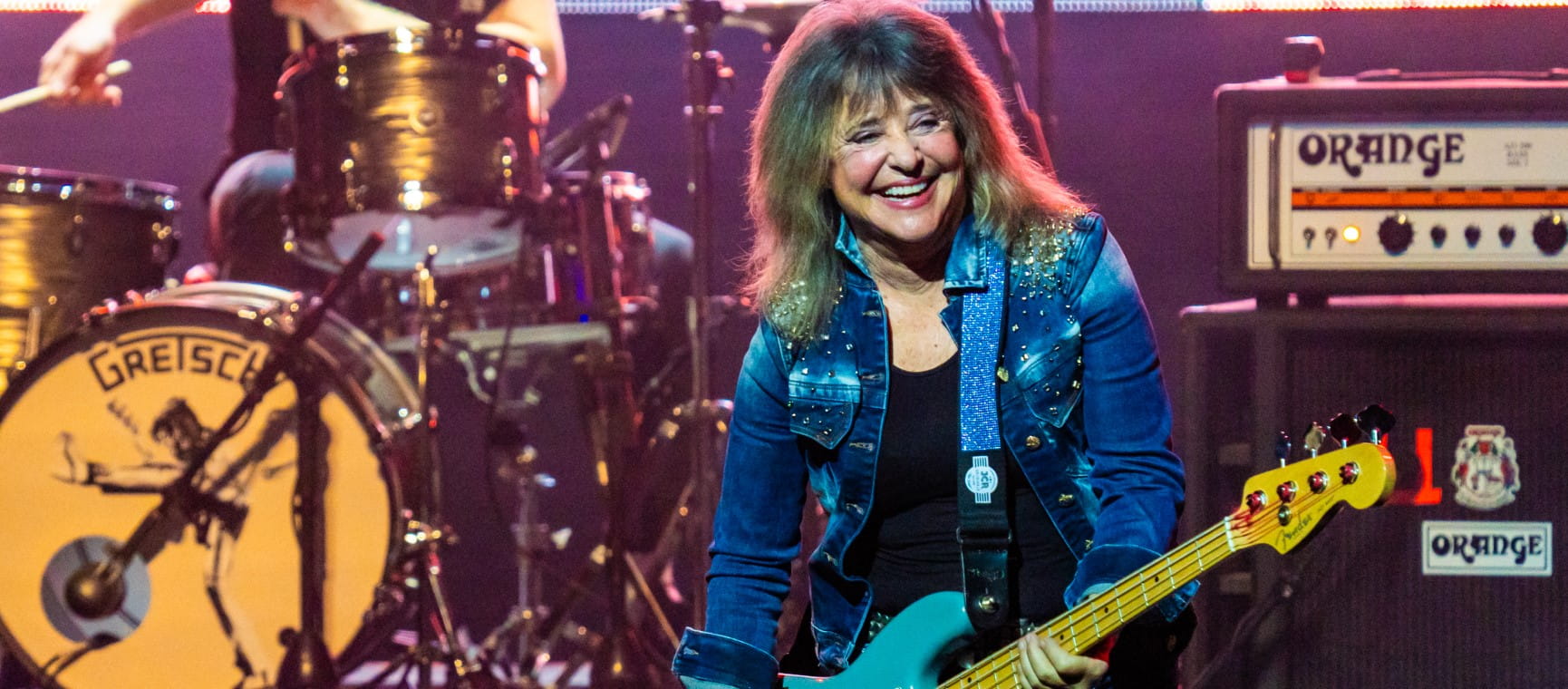
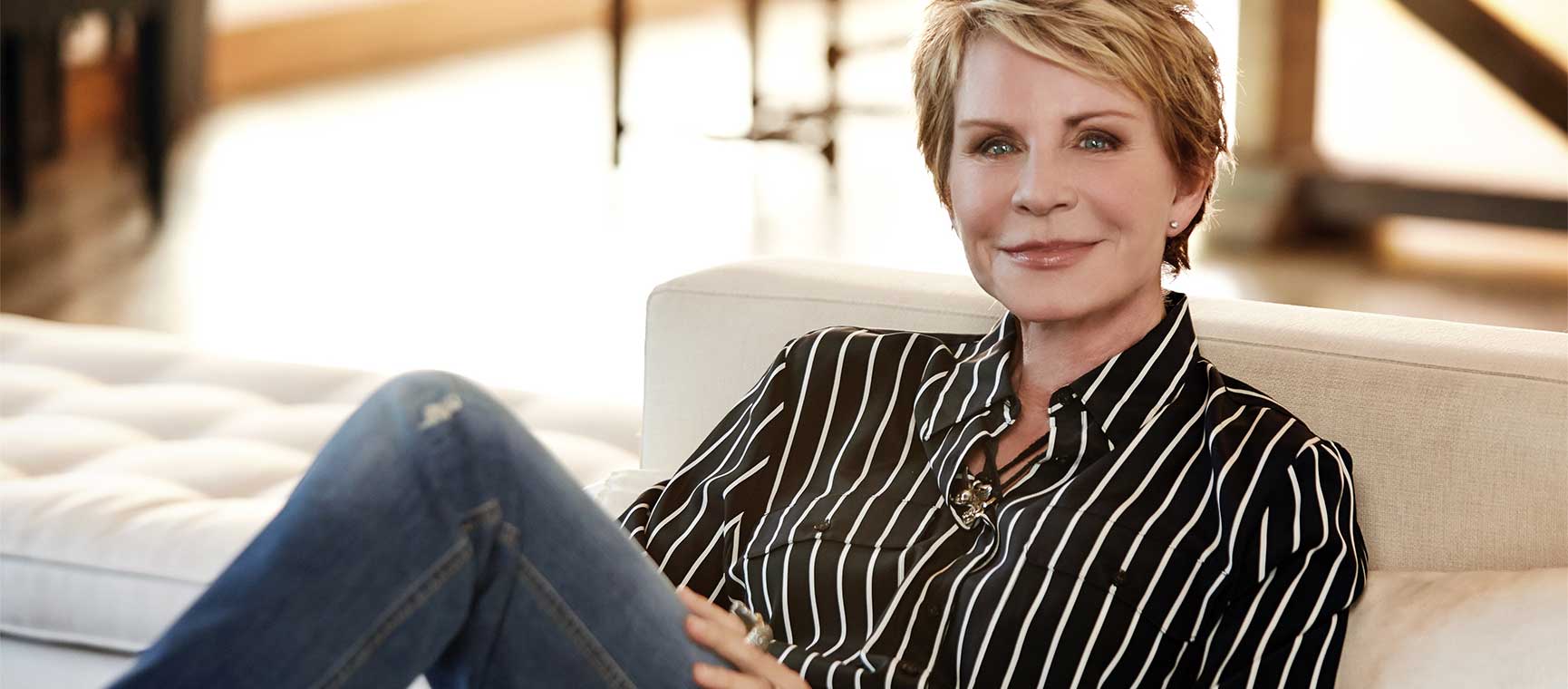
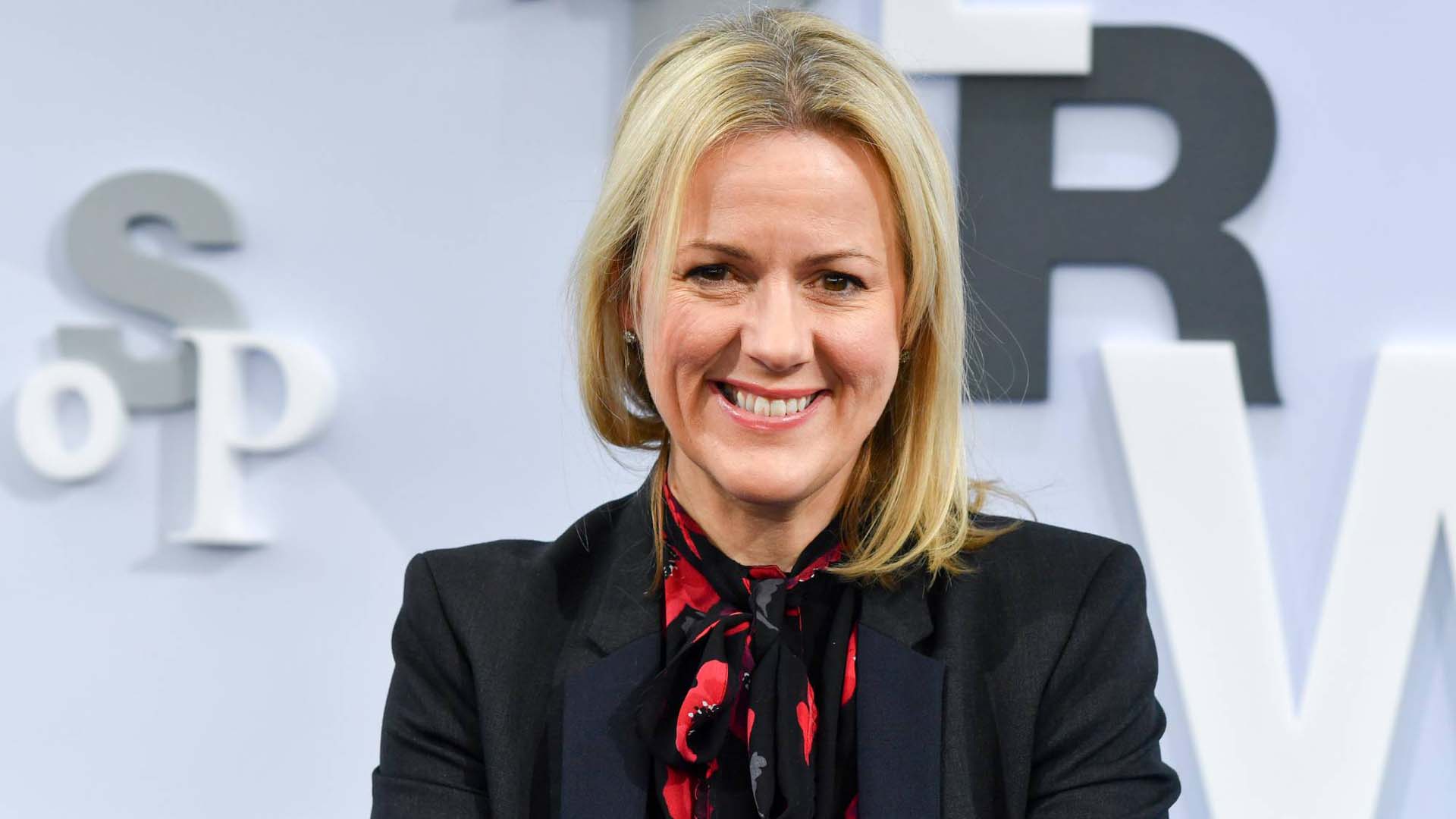
The best-selling author says Pilates has changed her relationship with her body.
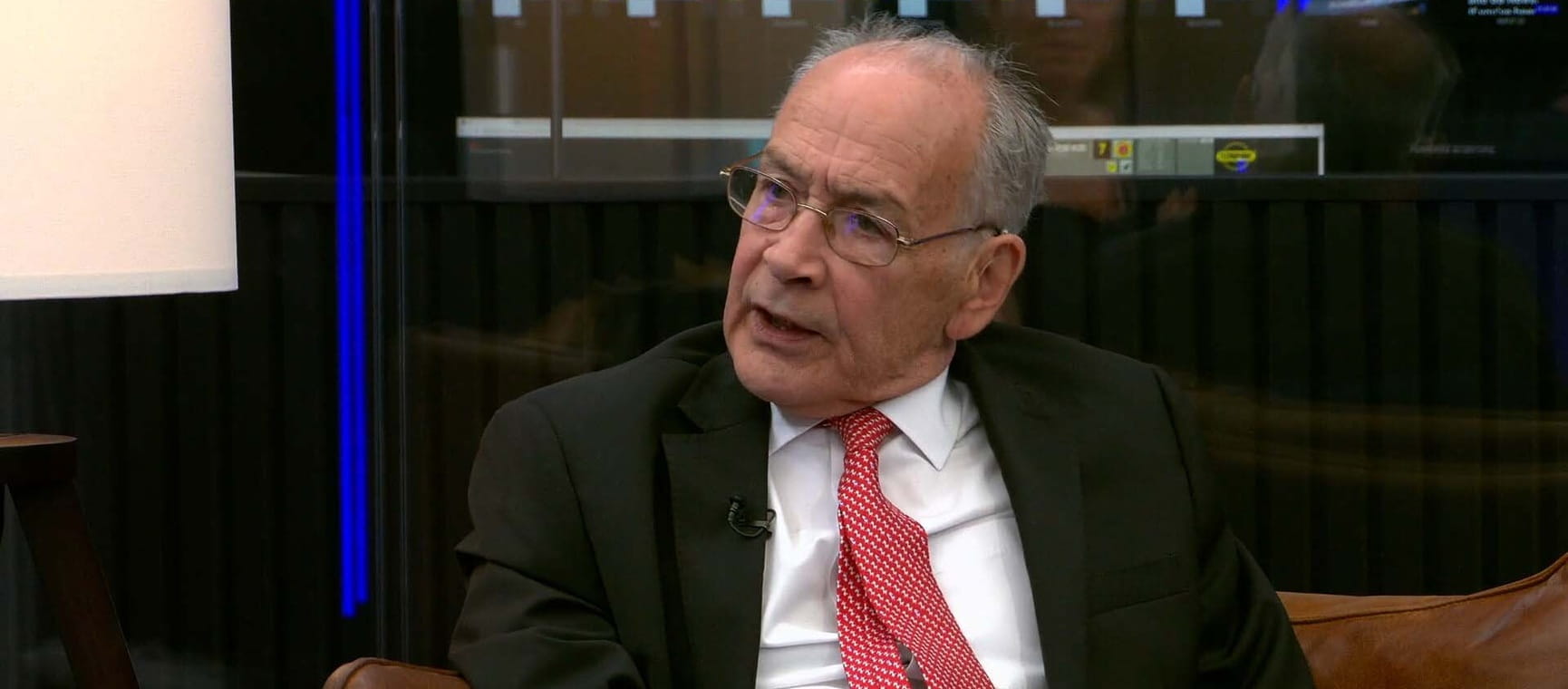
Stop smoking, go for a walk and do puzzles, says the veteran newsreader.